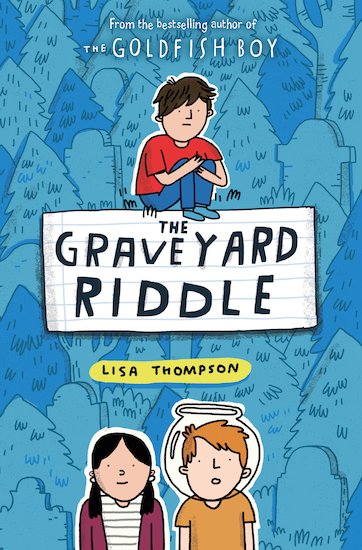School work, and work, is, or at least can be, a positive contributor to a child or adult's wellbeing.
Often, when wellbeing is spoken of, it is referred to implicitly as some kind of antithesis to working: you can either be doing something which constitutes work (whether that be your day job, life admin, being a parent etc) or something which constitutes wellbeing (insert your own personal example here).
But, as always, the dichotomy is false and unhelpful. If I were to draw Venn diagram to represent work and wellbeing, there should be an intersection: a place where the two meet in the middle.
And this should be true for adults and children alike.
Theory from Deci and Ryan suggests that threeinnate needs must be met in order for humans to achieve a sense of wellbeing: competence, autonomy and relatedness.
All of these needs can be met in the work or school environment.
The need to feel competent
When an adult feels like they have a purpose, that they are useful and that they are doing something worthwhile, this need has a better chance of being met. Work is one such environment where it is possible to feel these things. Of course, work isn’t the only place – lots of people undertake other projects and pursuits which can meet this need as well.
When a child’s work is correctly pitched, and when they know they are learning new things and getting better at things they could already do, this need to feel competent will be met.
The need to feel autonomous
Work has the potential to provide adults with a sense of autonomy
– not in all jobs admittedly, but certainly for many teachers there is the
chance to plan and teach lessons the way you want them, for example. Again,
many of an adult’s other pursuits can also provide the feeling of autonomy.
One of the important aspects of learning is that children are
brought to a point where they can practise what they are learning independently.
Many schools’ pedagogy takes into consideration the idea that children can have
an element of choice in their learning, particularly in the earlier years.
The need to feel relatedness
Being at work provides so many opportunities for relatedness – of course,
it does depend on how well you get on with your colleagues. Often in schools
there are plenty of opportunities for collaborative work which relies heavily on
relationships so it isn’t just the fact that we see people at work, but that we
work with people at work, too.
Whether children work collaboratively in school or not, being at
school, as with the adults, provides great social opportunities. Even the fact
that children are together in a classroom, learning the same things, can
engender a feeling of relatedness through the shared experience they are
having.
Hopefully, just those brief examples are a reminder that, in the
same way that quality first teaching is part of a school’s safeguarding offer, work
and school work is part of a school’s wellbeing offer to the staff and
children.
When considering the return of all staff and children into
physical school buildings on the 8th of March we are right to think
about their wellbeing. However, we must not forget that part of what will
engender wellbeing in staff and children is the work that they do.
Wellbeing isn’t only served by lovely experiences, mindful
colouring, off-timetable teaching and the like; wellbeing is more holistic than
that. And I know that you know that – my point is just to remind you that it is
OK to prioritise work for both staff and children, and that work in and of
itself isn’t always detrimental to a person’s wellbeing.
Work is good for us – we are built to work in one way or another –
and if we have a healthy relationship with work, it can actually serve to improve
our wellbeing.
And, if any of us, staff or children, are suffering as a result of
work, then the above three innate needs can be used to diagnose where changes
might be made to the work that we are doing. The answer isn’t simply no work or
less work; the answer really is better work – work which better helps to meet
our innate needs.
If you would like Aidan to work with you at your school, please visit his website at https://www.aidansevers.com/services and get in touch via the contact details that can be found there.







